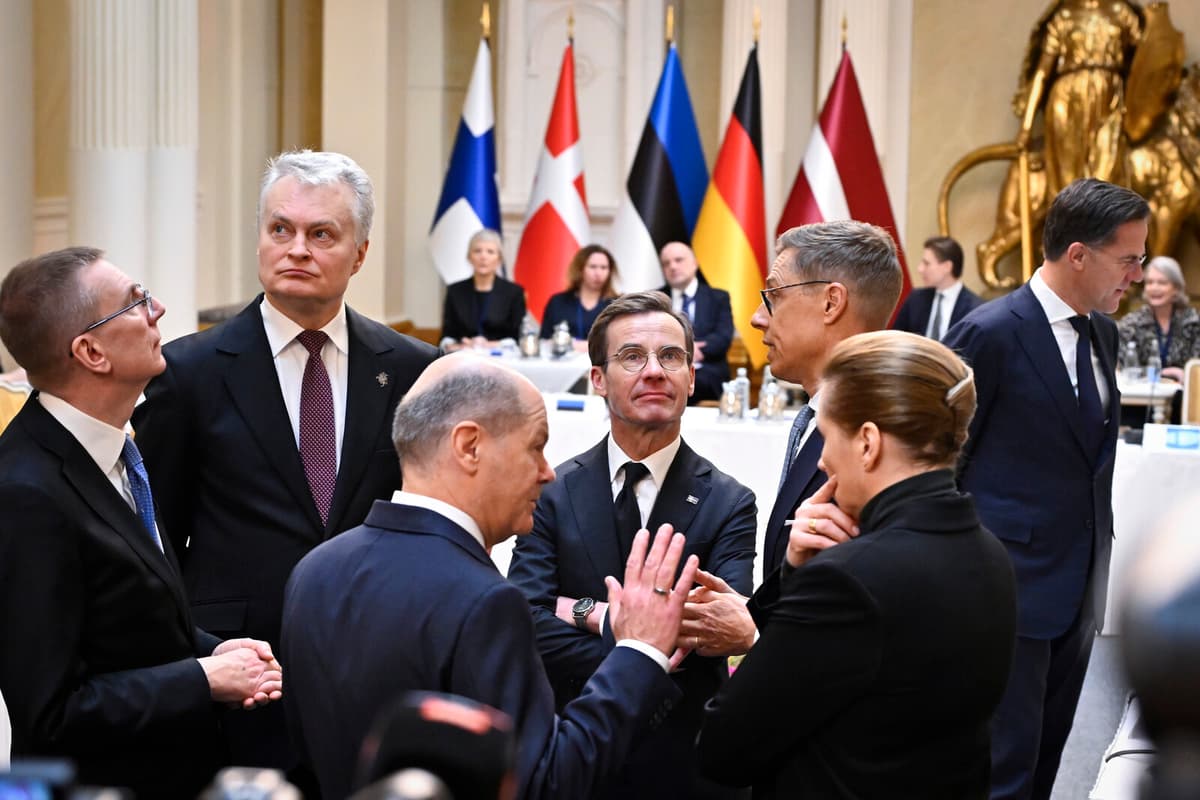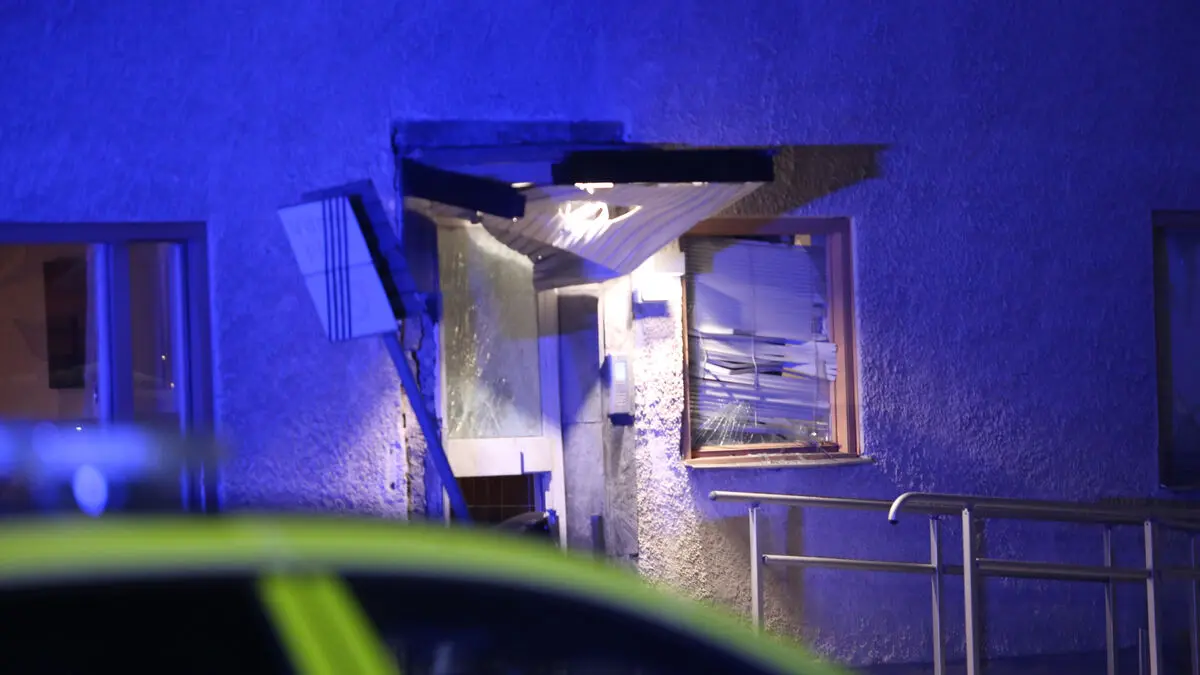We will expand NATO's presence in the Baltic Sea, says Finland's President Alexander Stubb at a press conference after the summit.
The countries will continue to strengthen their defense and cooperation on Baltic Sea security, says Stubb. Among other things, new technology for monitoring and tracking suspect vessels will be developed in cooperation with the private sector.
According to NATO's Secretary-General Mark Rutte, the alliance will provide expanded resources and technology within the framework of a new operation called "Baltic Sentry". The operation will, according to Rutte, include both multiple warships and reconnaissance planes in the Baltic Sea.
"Russia's use of the so-called shadow fleet poses a particular threat to maritime and environmental security in the Baltic Sea region and globally," reads a joint statement from the meeting, where all sabotage actions against the region's underwater infrastructure are "strongly condemned".
More Inspections
The "robust and determined" responses promised for future attacks include, among other things, prosecuting those responsible and seeking compensation for damages, as well as increasing monitoring and inspections of suspect vessels. There is also talk of further sanctions against the Russian shadow fleet.
Finland's President Alexander Stubb and Estonia's Prime Minister Kristen Michal hosted the meeting. All Baltic Sea countries that are members of the defense alliance participated to discuss the protection of critical underwater infrastructure.
Several NATO leaders have highlighted Finland's handling of the tanker Eagle S as a shining example of how the alliance can act quickly and resolutely.
Finland's handling of Eagle S will likely be a benchmark for future handling of the Russian shadow fleet, says Kristen Michal at the press conference.
"Clear Message"
Eagle S is believed to belong to the Russian so-called shadow fleet and is the subject of a sabotage investigation regarding several damaged submarine cables between Finland and Estonia.
I think Finland has done a very good job. It was the first time we sent a clear message instead of just investigating, investigating, and investigating, said Latvia's President Edgars Rinkevics before the meeting.
According to Sweden's Prime Minister Ulf Kristersson (The Moderate Party), the suspected sabotage is "completely unacceptable".
We will do what it takes to ensure that the Baltic Sea becomes a safe region again, he said on his way into the meeting.






